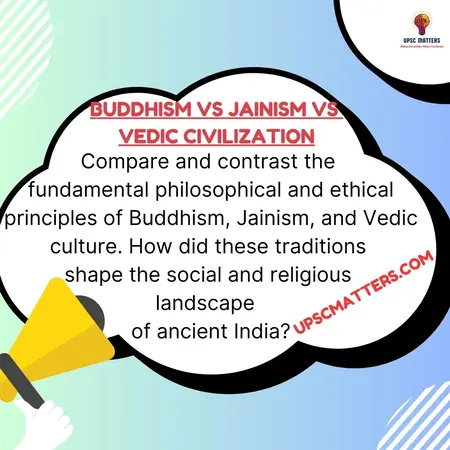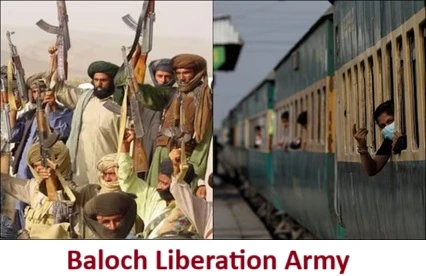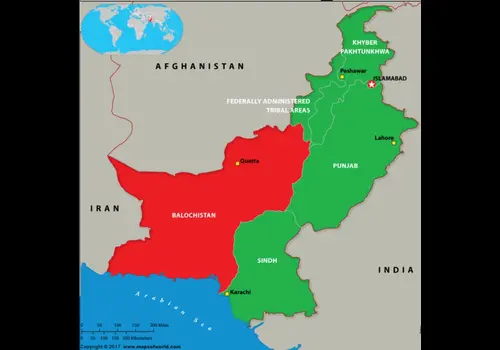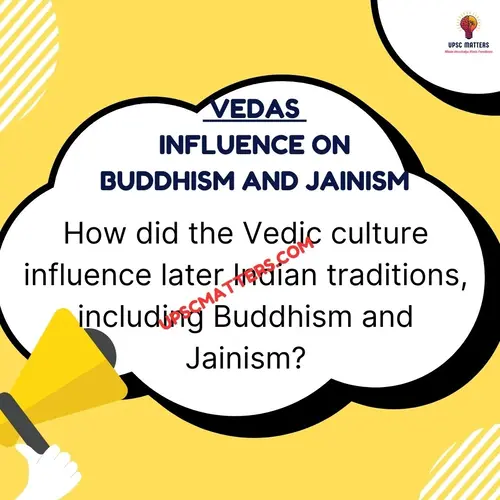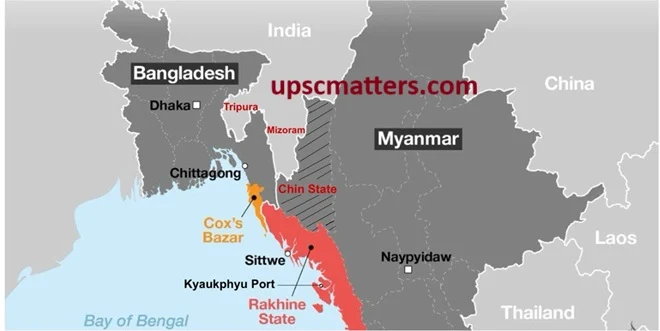Quantum Leap: Italian Scientists Revolutionize Photonics by Freezing Light for the First Time
In a quantum leap bridging physics and engineering, Italian scientists led by Dr. Daniele Sanvitto (CNR NANOTEC) have achieved the unprecedented: freezing light by merging photons with electron excitations in semiconductors. Published in Nature Physics, this experiment creates polaritons—hybrid light-matter particles—that temporarily trap light. Context- For UPSC aspirants, this breakthrough aligns with India’s National Quantum … Read more




